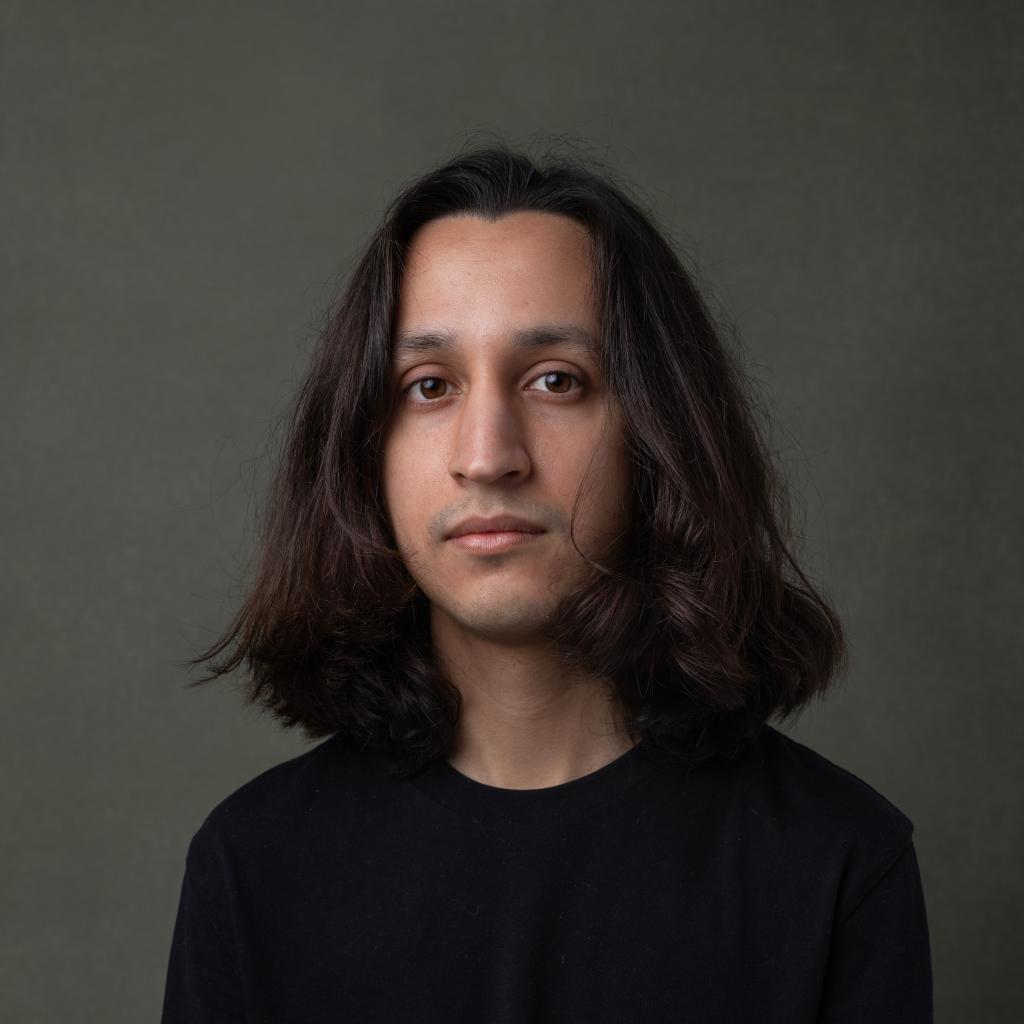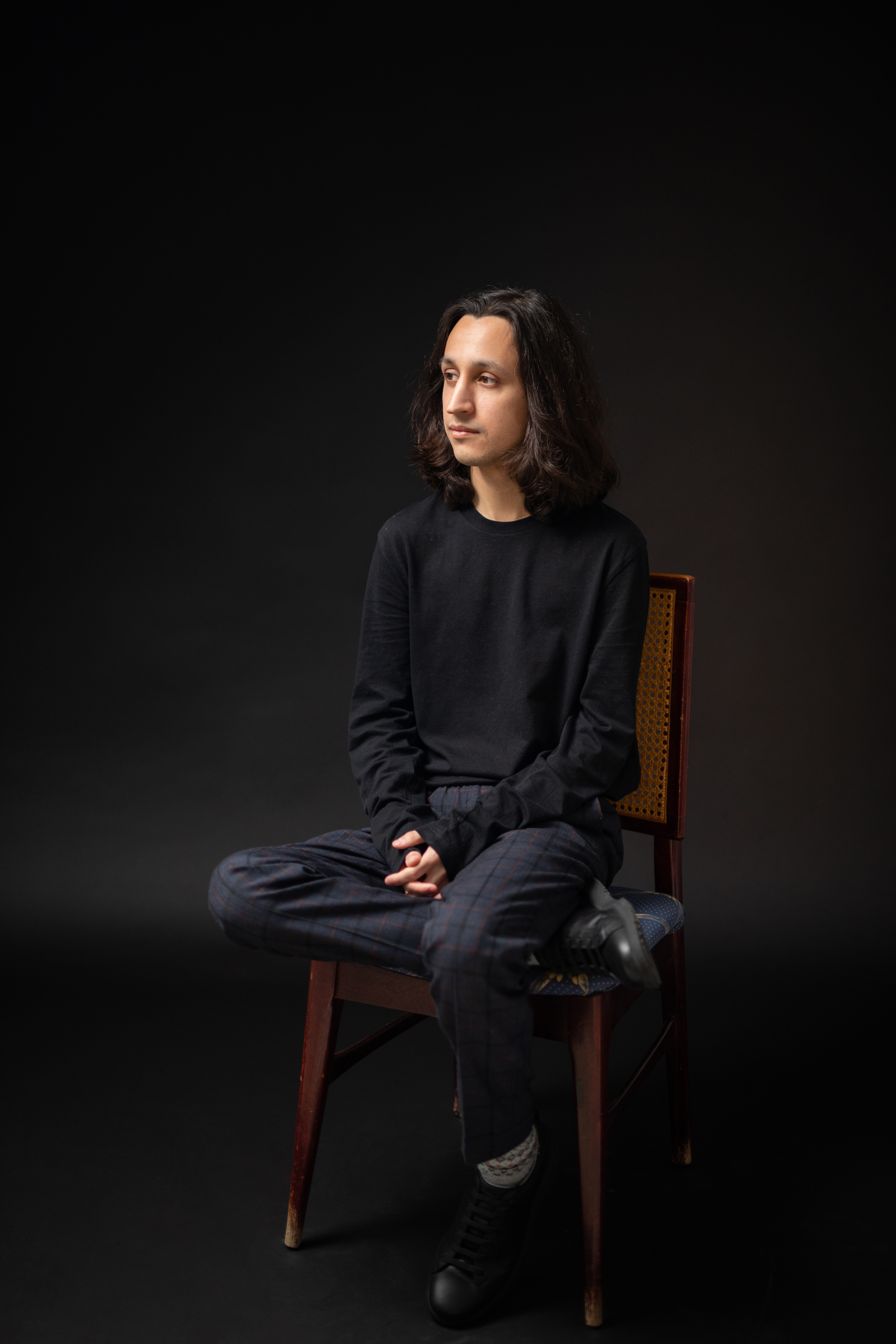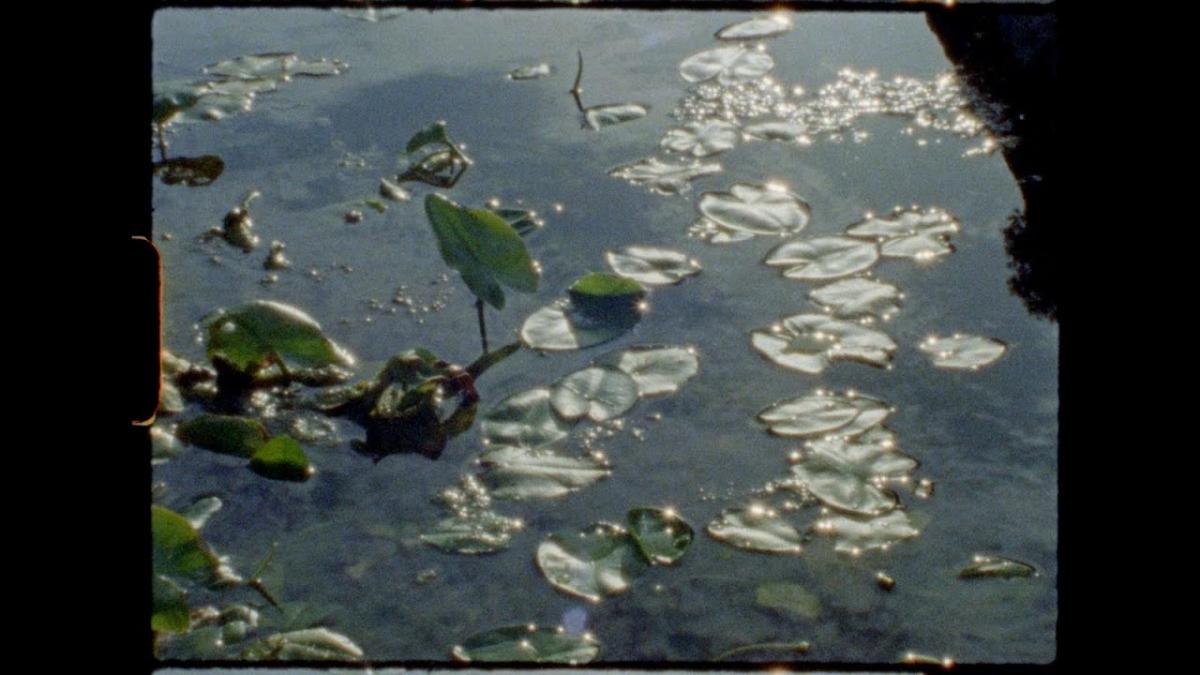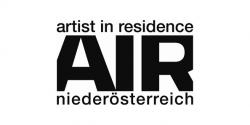“...being a musician is about creating an interactive, intimate experience…”
Could you tell us about your musical background and when you started composing?
I started studying piano when I was eleven years old. About three or four years later, I started learning the violin too. But the idea of being a performer never crossed my mind. I knew that it was important for my development as a musician to study and learn about the Baroque period, the Classical period, Romanticism, etc., and honestly, I enjoy a lot performing these types of music, but I didn’t have a real connection to it – at least not the type of connection I imagine one should have with that one thing you want to do for the rest of your life. It simply doesn’t feel like being myself.
For a time, it was quite frustrating because I knew that I wanted to spend my life making music, but I didn’t know how. It wasn’t until I was about twenty years old, that I came across these beautiful compositions by artists like Philip Glass, Yann Tiersen, or Nils Frahm. They were clearly connected to the academic side of music, but these were works that I could also relate to on an emotional level, and that was a big revelation to me. Until then, I wasn’t aware that the possibility of being a composer even existed. But then I had the feeling that maybe this could be the right path. So, every day after classes I would sit at the piano and start writing my first pieces. They were very simple, but they were mine and reflected on who I was, and that was all that mattered to me. I remember that after a couple of months, I finally dared to share them with my aunt Elsa, who was my piano teacher at that time. From that moment on, my piano lessons transformed into composition lessons. I would bring some new musical ideas and my aunt would give me advice on how to improve and develop them.
So, she was a real supporter.
Yes, she is one of the people I trust the most, and she was the first person I told, that I wanted to be a composer. After a while, I got the courage to tell my parents that I wanted to study music professionally. They weren’t convinced at all. It’s very difficult in a country like Peru, everyone thinks you won’t make any money. But after talking to my aunt, they changed their mind. She is not only a wonderful musician but a quite respected multifaceted artist in Peru, so I imagine they realized that she had a better idea of how this whole “Sergio wants to be a musician” situation could go.
Do your parents also have a connection to music? Was it your own choice to start learning the piano?
It’s a funny story. My mom comes from a family of artists and musicians, which is wonderful, but I didn’t really grow up close to them. My dad had nothing to do with music at all, he’s an engineer, but one day he randomly decided he wanted to buy a piano and learn to play. And the reason we got in connection with my aunt, was to ask here for advice on which piano to buy. Afterwards, my aunt asked my mum: “Why don’t you bring Sergio for a piano lesson to see if he enjoys it?”, and that’s the way it all started.
Besides piano and violin, I also studied violoncello to be able to compose for this instrument. I started playing the guitar too, but I didn’t have a good relationship to it. I also taught myself the banjo. The latest thing that came to me were synthesizers and ambient electronic music. I’m always exploring what I could enjoy and combine but, at the end of the day, the piano is my best friend.
How would you describe your approach to composing in general? What inspires you?
It’s a quite minimalist approach. And it’s not only about how many notes I am playing, how many instruments I’m using or about the structure of the pieces, but it’s also about the story behind each project, the artwork, the music videos, and the way I communicate them. I always try to transmit my feelings and ideas using as few resources as possible. I truly enjoy that. When I have too many notes, too many instruments, too many possibilities, I get super overwhelmed. I prefer to have everything well organised in my mind, to feel it is achievable from the beginning.
From a more conceptual point of view, I often focus on those little things in life that sometimes we tend to ignore or not pay much attention to. I think they are what makes life more exciting and meaningful. I don’t pretend to write works about complex topics or things that I don’t understand. I feel more comfortable exploring my surroundings.
How would you characterise your style of music in three words?
Mellow, tranquil, and raw. I like to describe my music as raw. I feel it’s very rough, organic, natural from the process. I don’t try to meld it so much.
Do you also use recordings and mix them with the instruments? I remember you’ve been around Krems recording sounds like church bells.
Yes, it’s actually my first time making field recordings. I have used soundscapes in my music before, like birdsongs, rain, or the ocean, but they were always recorded by someone else. Now I am doing it myself, which is amazing. It’s been a long process of making mistakes and learning from them until I finally got to the point where my recordings were at least acceptable. One of my struggles was trying to record church bells. It’s tricky to do so without a car appearing in the background, and I don’t want only some seconds of uninterrupted church bell sounds. I could digitally loop them, or cut and paste them, but I’d prefer to have at least three or four unedited minutes in a row. Maybe I have to embrace the fact that cars are also part of the landscape, just like birds. I am just happy to have my very own sound register of the places where I’m living all these new beautiful experiences, and I can even include them in my music, which is quite meaningful.
Do you notate scores in the process of composing?
Sometimes, I write down a basic structure: the chords, the melody and certain expression details like the pedal or the dynamics, as well as rhythmic changes or modulations. But again, it’s more of a basic structure. This mainly helps me when I compose more complex pieces that I know I won’t memorize so easily or that feature other instruments. Most of my finished piano works are very similar to the original improvised idea so I don’t really need to write them down. But I also do it because there’s always someone interested in learning how to play them on the piano, plus I hope to publish a book with scores one day soon.
So, your compositions start with improvising?
Yes, I tend to improvise until I find a melodic or rhythmic pattern I like and then I develop it from there. But it depends. Sometimes I will instantly improvise an entire piece in the moment, while other times I start with notation. When I work on more unconventional pieces I think more of intervals, dissonances, and a lot of symmetry. It’s a rather mathematical approach, so it makes more sense to think and write note by note.
Do you also improvise in live concerts?
Well, it’s mainly fixed music I play at concerts. I’d love to improvise live, but I don’t feel confident enough yet. But there’s always space in every piece for me to modify according to my mood, the piano, the audience, and the general environment.
Could you tell us about your current project here in Krems?
I’m working on an album which is based on my interaction with my surroundings in Krems. It’s inspired by the tiny streets I have been exploring during early mornings, some historical buildings, the Danube and the Wachau from their various perspectives, some cozy antique stores, and cafes, and even the Stein prison right in front of me. But it’s not about the places themselves but how I perceive them. It is about being in a whole new place, where nobody knows you, where you can experience everything from an external perspective. It’s like watching a movie. Originally, I wanted to make an album for solo piano but as I was composing, I felt that the music would fit very well with other instruments. I’m in conversation with a trio from Sweden, that I have worked with before on my record label. They play the double bass, the trombone, and the bass clarinet. I love those instruments and how they sound together, and I think this is the right opportunity to give it a try.
Besides this album, I’m working on a smaller project dedicated to Ernst Krenek. I’ve been researching on his life, and I found the term "passport sickness" in his story “The Three Overcoats of Anton K.” quite interesting and relatable. And since I have access to the grand piano and the historic Buchla synthesizer that he used to compose his own music with, I thought it would be wonderful to write a piece or two using these instruments and to explore this idea of "passport sickness" that he talks about.
Has the pandemic affected your compositions a lot?
Well, the pandemic hasn’t influenced my way of composing because apparently all my life I have been living in quarantine [laughs]… but it has affected my record label and music career in the promotional and live performance aspect. Before the pandemic I had organised a tour through Sweden, Netherlands, and Belgium. I was very excited as I had recently moved to Spain. I had everything ready, the plane tickets, accommodation, and then everything got cancelled. It was extremely disappointing.
What has affected me the most as a composer was moving to Spain. I have spent my entire life trying to run away from my country. I used to daydream about places I don’t know, things I don’t have, a life I don’t live, and my music was a clear reflection of that. It was an escape from my reality. But when I came to Europe, I finally felt at home for the first time, I felt I finally had the opportunity of achieving my dreams. I was finally closer to my partner, I could dedicate as much time as I wanted to making music, everything was in the right place. I felt that I could finally focus on what I have close to me and not so much on what I don’t have. I think my music changed drastically with that. It stopped being so melancholic, and it became more dreamy and meditative. At that time, I also started studying harmony and counterpoint with a private teacher, and later on I got accepted in a conservatory in Valencia. Naturally, getting to know new resources shaped my music a lot. My composition teacher in Peru told me that he had brought me to the dark side when he started teaching me about atonal music. I fell in love with it. Even if I don’t write that kind of music, it subtly influences the way I compose. I find beauty in dissonances, intervals, and progressions that I didn’t enjoy before. It opened a whole new world of possibilities when composing.
Why did you want to move to Europe? Did you have a special connection?
It was just what I connected the most while growing up. My aunt wouldn’t only teach me how to play the piano but would also tell me the stories behind each piece. She would tell me about the lives of Beethoven, Mozart and Chopin. I was also strongly inspired by the books I read, such as “A Moveable Feast” by Ernest Hemingway, or the movies I watched, such as “Wings of Desire” by Wim Wenders or “Les 400 Coups” by François Truffaut. I started studying French, which was the beginning of a beautiful relationship with French cinema and literature. These were my surroundings. In addition, when I started composing, all the artists I admired were European, so this felt like the right place for me.
Do you have a favourite composer?
From the old times, my favourite for a long time was Chopin, probably still is, but the last three or four years I have fallen in love with Bach. From nowadays, I adore Sufjan Stevens, an American singer-songwriter, and Keaton Henson, an English artist. In 2015, he released an album for piano, violoncello and field recordings called “Romantic Works”, which inspired me to also release my own music. I was mainly composing for myself, as an exercise, I didn’t think of making an album or being an artist at that time. That album changed that. I am also a big fan of Nils Frahm. He’s a genius, like a modern Beethoven, but instead of orchestras he uses synthesizers. His works are grandiose.
How did you experience working with Krenek’s Buchla synthesizer?
It was amazing. I’ve never been in front of such a historic and impressive machine. I was scared in the beginning, but Gammon, who introduced me to it, was an amazing teacher and made things very clear. I don’t know the more complex possibilities yet, but I can make music with it. You don’t get an opportunity like this very often, so thank you a lot. It’s been an interesting experience because my approach to composition changed drastically. I don’t have a keyboard, I have to tune each note by myself… it works in completely different ways, so the music that comes out is also completely different. No matter how hard I tried to make something close to what I normally create: it doesn’t work. But it’s not only the Buchla, it’s also Krenek’s grand piano. It is very different from my felted upright piano, plus these instruments have lived a long life and you can hear that in the recordings.
Did you also collaborate with other residents of AIR-Artist in Resident Niederösterreich during you stay?
Yes, with Larissa Bertonasco, an illustrator from Germany. We did this beautiful activity in which I would play the piano while she would draw and display it on the wall with a projector. We made a little concert for the AIR members and some friends. It was really nice. I hope we can do it again on a bigger stage in the near future. Our collaboration was born one day during dinner when she told me she often draws while listening to music. And I told her that I often place postcards and prints in front of my piano when I compose and get inspired by looking at them. So, it was only natural to give this a try. It makes so much fun to incorporate other disciplines into my music and it definitely reinforces the stories and feelings behind each project. For me, being a musician is not only about composing, performing and releasing music, but it’s also about creating an interactive, intimate experience that will accompany the audience in different ways during their listening journey.
How do you like your stay in Krems?
I want to move here [laughs]. I’m loving it. It’s my first time in Austria and it’s been magical. It’s very different from what I’m used to. There is so much art and beautiful landscapes everywhere, and it is so inspiring to live right in front of the Danube. I’m trying to walk everywhere. There is so much art and history in the air and people are so nice. It makes being a musician an easy experience. I’m having a wonderful time here.
Thank you for the interview!
Website of Sergio Díaz De Rojas
In cooperation with




